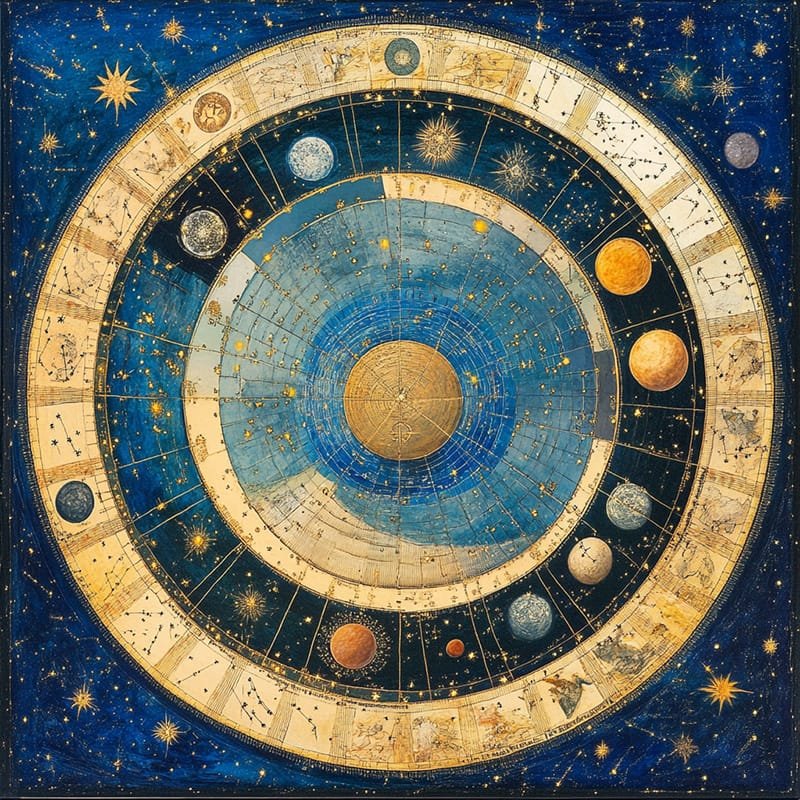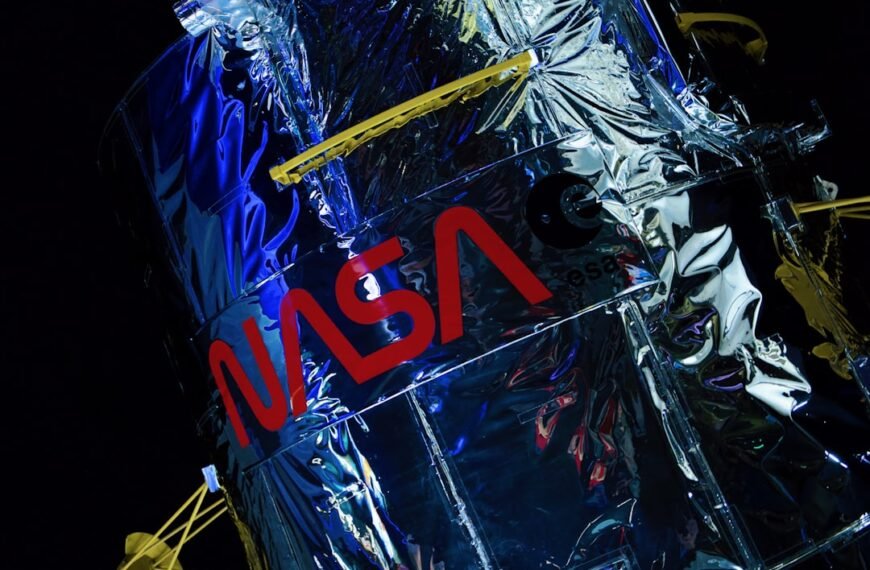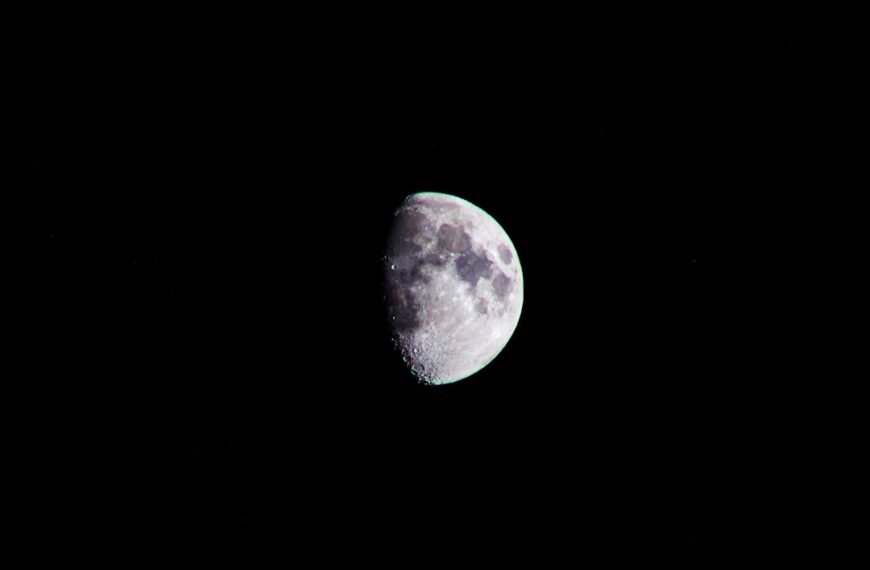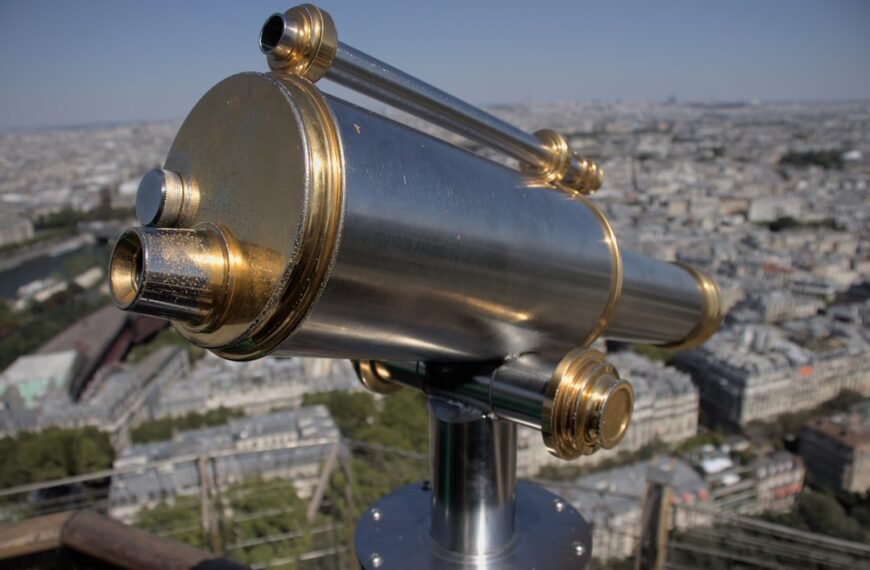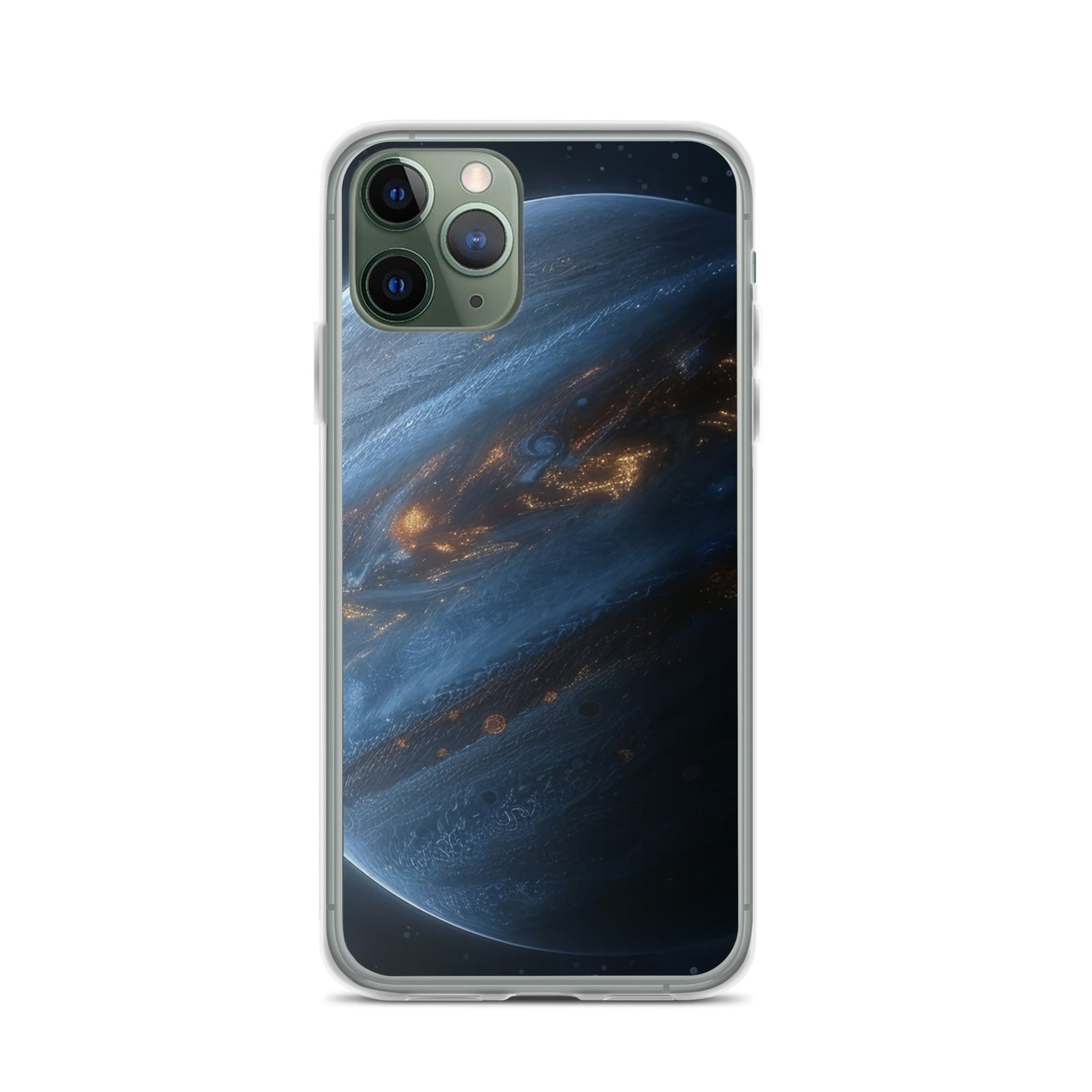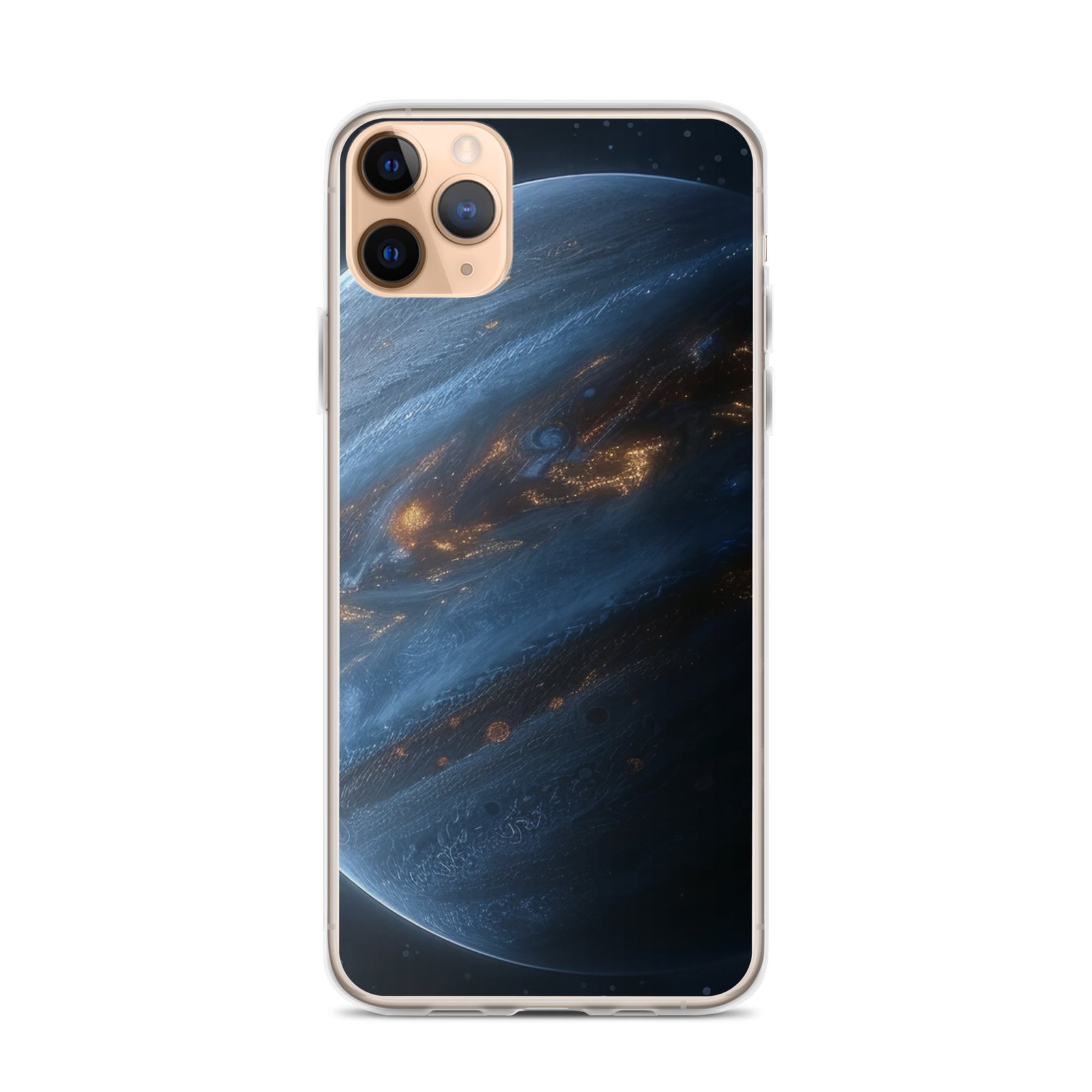Astrology vs astronomy: astrology is a belief system about celestial influence, while astronomy is the scientific study of celestial objects.
Key Takeaways 📝
- Understanding the Divide: Astrology is a belief system asserting celestial influence on human affairs, while astronomy is a scientifically rigorous discipline focused on studying celestial bodies and phenomena.
- Historical Roots: Both astrology and astronomy share ancient origins, but the Renaissance marked a pivotal separation, with astronomy embracing empirical methods and astrology remaining tied to mystical interpretations.
- Cultural Relevance: Despite being deemed a pseudoscience, astrology maintains popularity in modern culture as many people seek personal insights and meaning through horoscopes and celestial alignments.
- Scientific Progress: Astronomy continues to push the boundaries of knowledge, addressing profound questions about the universe, including the search for extraterrestrial life and understanding black holes.
- Curiosity and Exploration: The discussion of astrology versus astronomy emphasizes the importance of curiosity, encouraging an appreciation for both scientific inquiry and personal reflection in our quest to understand the cosmos.
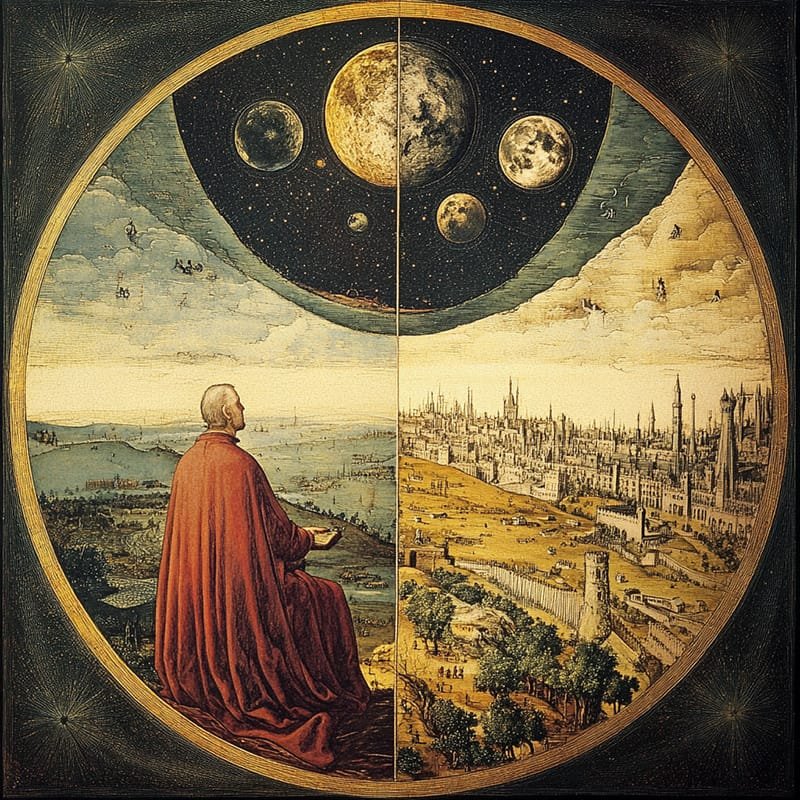
Astrology vs Astronomy: Unraveling the Mysteries of the Stars
Have you ever gazed up at the night sky and wondered about the stars, planets, and the vast universe beyond? If so, you’re not alone. Humans have been fascinated by the cosmos for millennia, leading to the development of two distinct fields: astrology and astronomy. While these terms are often used interchangeably, they represent very different approaches to understanding the universe. Let’s dive into the fascinating world of astrology vs astronomy and explore their unique characteristics, historical evolution, and modern-day relevance.
The Cosmic Connection: What Are Astrology and Astronomy?
Astronomy: The Science of the Stars
Astronomy is the scientific study of celestial objects, space, and the universe as a whole. It involves observing and analyzing stars, planets, galaxies, and other celestial phenomena to understand their origins, evolution, and physical properties. Astronomers use advanced technology, such as telescopes and satellites, to gather data and develop theories about the universe’s workings. This field is grounded in empirical evidence and follows the scientific method, making it a respected and rigorous discipline.
Astrology: The Art of Interpretation
In contrast, astrology is a belief system that suggests the positions and movements of celestial bodies can influence human behavior and events on Earth. Astrologers create horoscopes based on the alignment of stars and planets at the time of a person’s birth, claiming to predict personality traits, relationships, and future events. While astrology has deep cultural and historical roots, it lacks empirical support and is considered a pseudoscience by the scientific community.
A Journey Through Time: The Historical Context
Ancient Beginnings
Astrology and astronomy share a common origin, dating back to ancient civilizations such as the Babylonians, Greeks, and Chinese. These early cultures observed the stars for both practical and spiritual purposes, using celestial events to guide agricultural practices, navigation, and religious rituals. The distinction between astrology and astronomy was not clear-cut in these early societies, as both fields were intertwined in their quest to understand the cosmos.
The Great Divergence
The Renaissance and Enlightenment periods marked a turning point in the separation of astrology and astronomy. As scientific methodologies advanced, astronomy emerged as a distinct discipline focused on empirical observation and mathematical reasoning. Meanwhile, astrology remained rooted in mystical and symbolic interpretations of celestial phenomena. This divergence was fueled by the scientific revolution, which emphasized evidence-based inquiry and skepticism of unverified claims.
Methodologies and Beliefs: Science vs Symbolism

Astronomy’s Scientific Approach
Astronomy relies on the scientific method, which involves forming hypotheses, conducting experiments, and analyzing data to draw conclusions. This approach allows astronomers to make precise measurements, test theories, and develop models that explain the universe’s behavior. For example, astronomers have used this method to discover exoplanets, map the cosmic microwave background, and understand the life cycles of stars.
Astrology’s Mystical Reasoning
Astrology, on the other hand, is based on symbolic interpretations and cultural traditions. Astrologers use charts and horoscopes to analyze the positions of celestial bodies and draw connections between these alignments and human experiences. While astrology can offer insights into personal reflection and self-awareness, its claims lack scientific validation and are often criticized for mistaking correlation for causation.
Modern Perspectives: Science and Culture
Astronomy’s Role in Modern Science
Today, astronomy is a thriving scientific field that continues to expand our understanding of the universe. From exploring the mysteries of black holes to searching for extraterrestrial life, astronomers are at the forefront of scientific discovery. Their work not only advances our knowledge of the cosmos but also inspires technological innovations and fuels our curiosity about the unknown.
Astrology’s Cultural Influence
Despite its lack of scientific basis, astrology remains popular in contemporary culture. Many people turn to astrology for guidance in their personal lives, seeking insights into relationships, career choices, and self-discovery. Astrology’s appeal lies in its ability to provide a sense of meaning and connection to the cosmos, even if its claims are not empirically supported.
The Intersection of Science and Belief
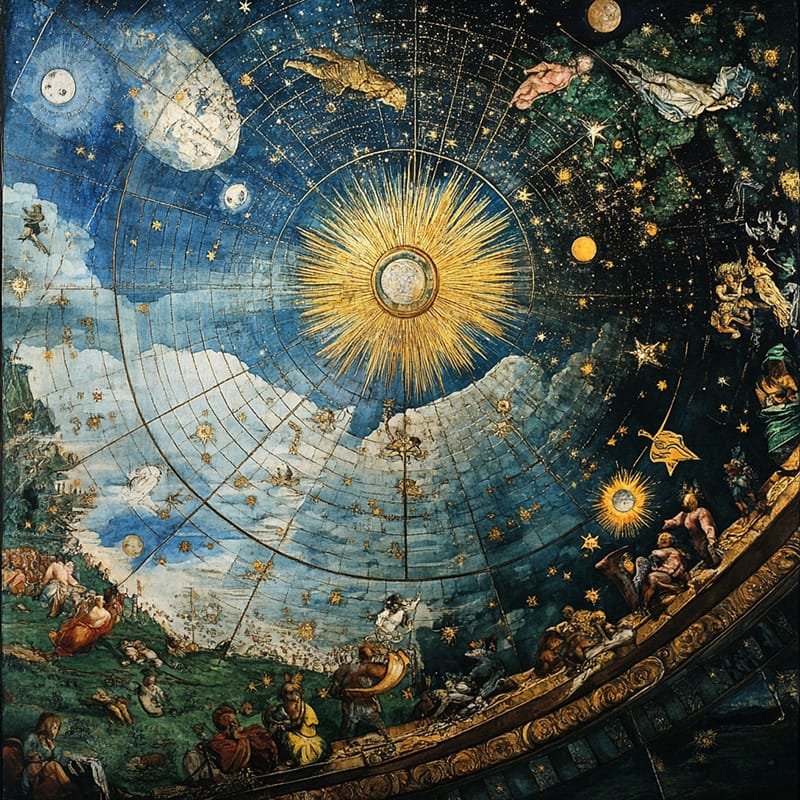
Bridging the Gap
While astrology and astronomy are distinct fields, they share a common fascination with the stars and the mysteries of the universe. This shared interest can serve as a bridge between science and belief, encouraging dialogue and exploration of different perspectives. By appreciating the unique contributions of each field, we can foster a deeper understanding of our place in the cosmos.
Embracing Curiosity
Ultimately, the study of astrology vs astronomy highlights the importance of curiosity and exploration in our quest for knowledge. Whether through scientific inquiry or personal reflection, our fascination with the stars continues to inspire us to seek answers and expand our horizons.
Navigating the Cosmos
In conclusion, astrology and astronomy represent two distinct approaches to understanding the universe. Astronomy is a scientific discipline grounded in empirical evidence and the pursuit of knowledge, while astrology is a belief system rooted in cultural traditions and symbolic interpretations. By recognizing the differences between these fields, we can appreciate their unique contributions to our understanding of the cosmos and our place within it.
FAQs
What is the main difference between astrology and astronomy?
Astronomy is a scientific study of celestial objects and phenomena, while astrology is a belief system that suggests celestial bodies influence human behavior.
Can astrology be scientifically proven?
Astrology lacks empirical support and is considered a pseudoscience, as its claims are not based on scientific evidence.
Why is astronomy important?
Astronomy helps us understand the universe’s origins, evolution, and physical properties, advancing scientific knowledge and inspiring technological innovations.
How did astrology and astronomy originate?
Both fields originated in ancient civilizations, where celestial observations served practical and spiritual purposes. They diverged during the Renaissance and Enlightenment periods.
Is astrology still popular today?
Yes, astrology remains popular in contemporary culture, offering insights into personal reflection and self-awareness despite its lack of scientific basis.

